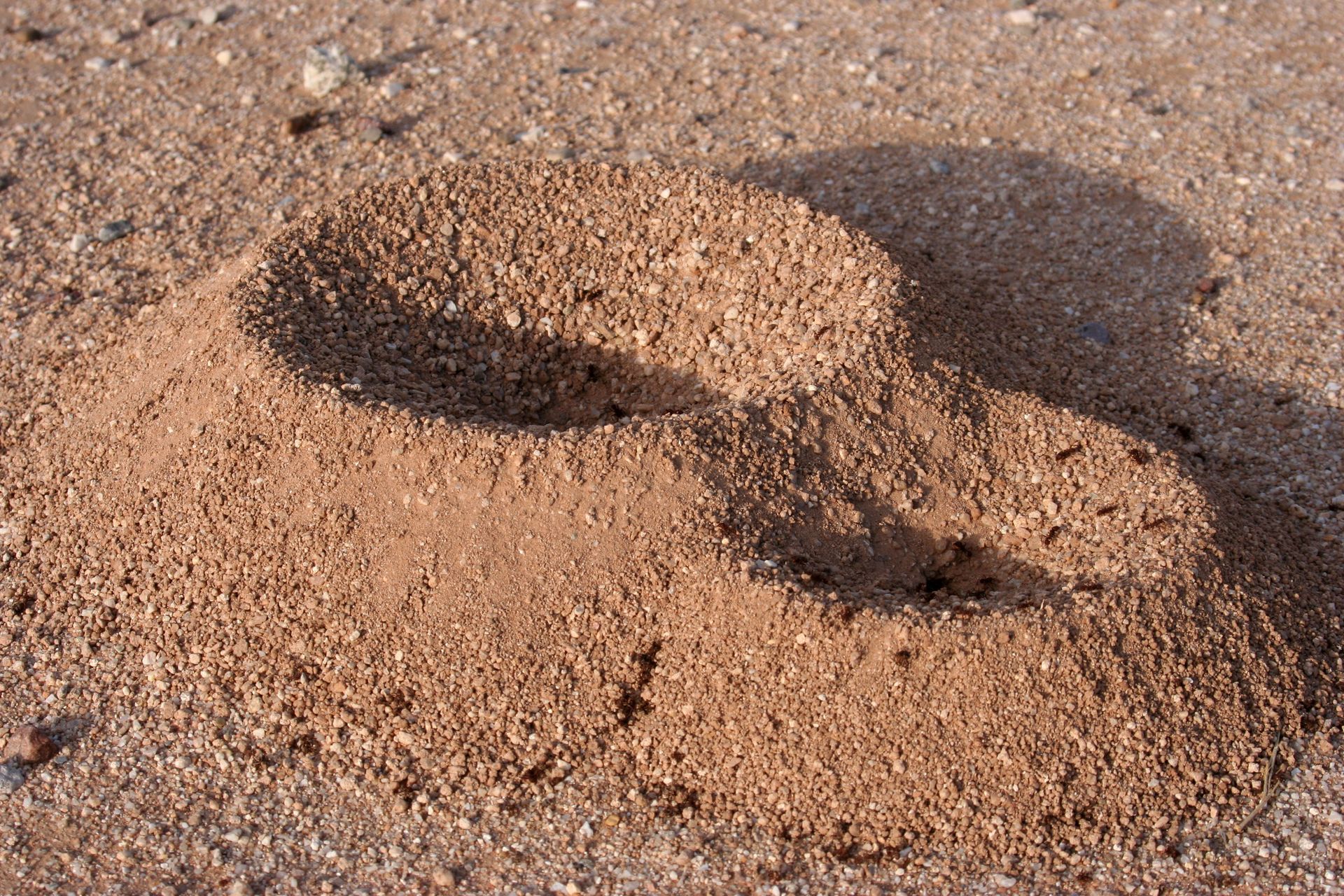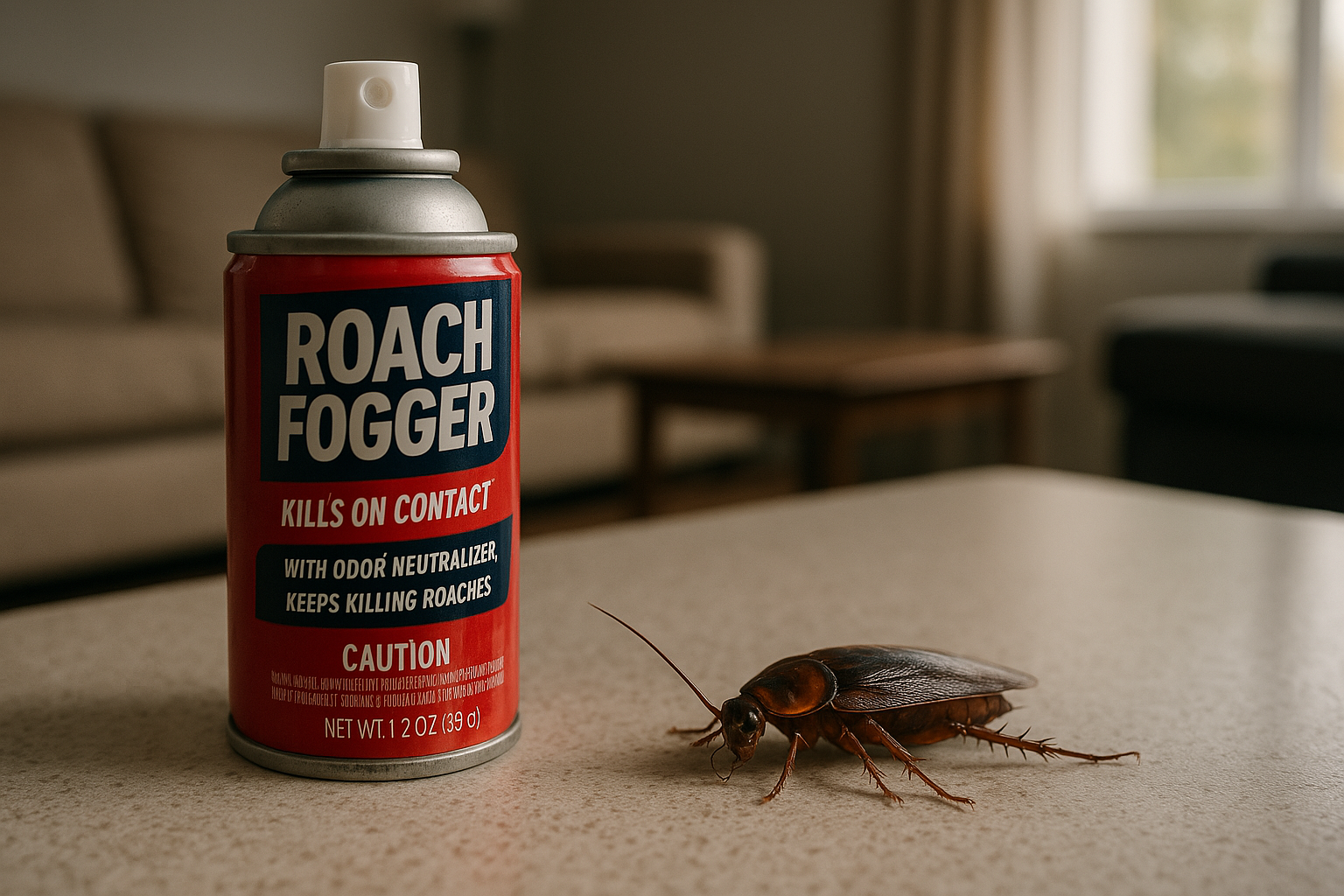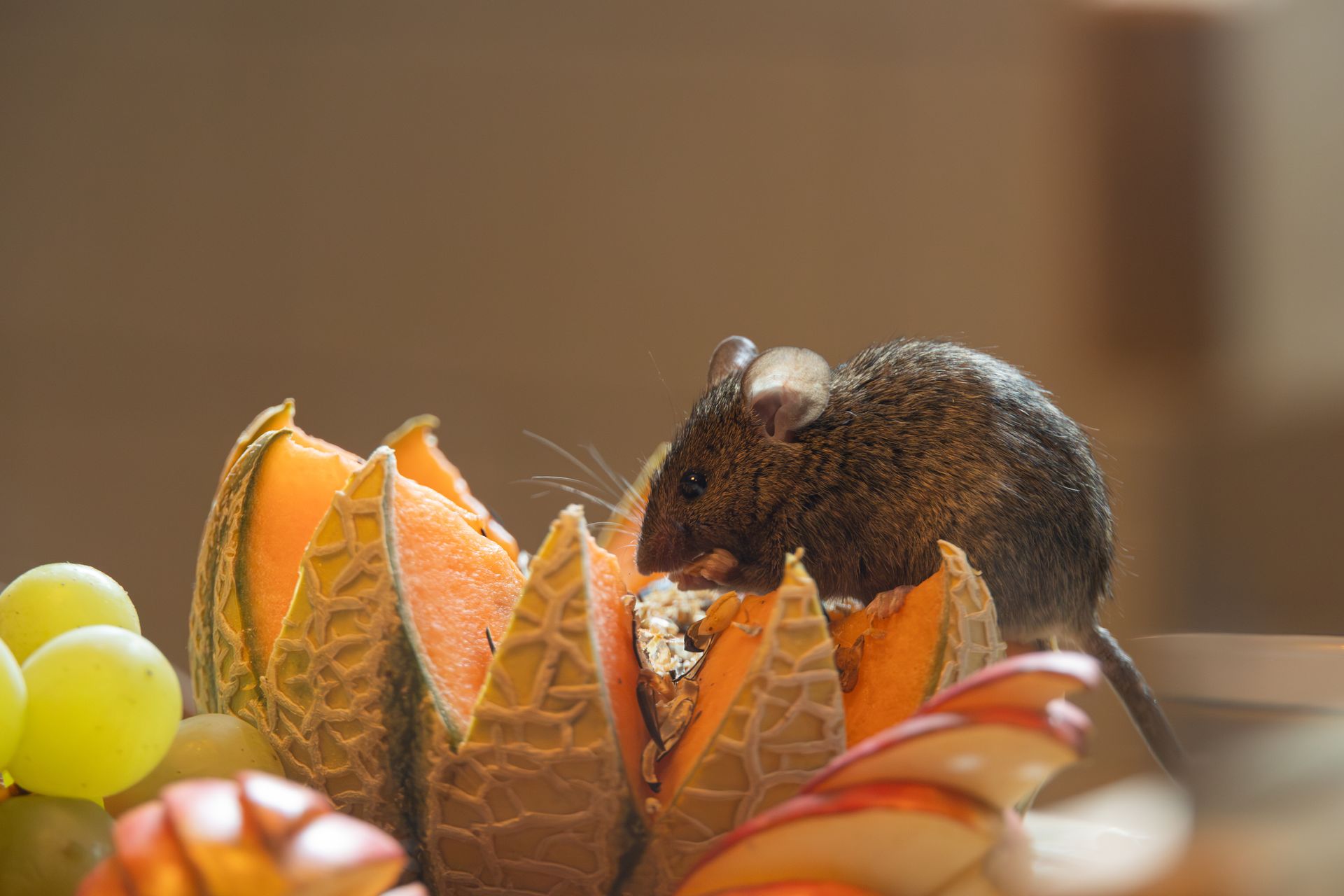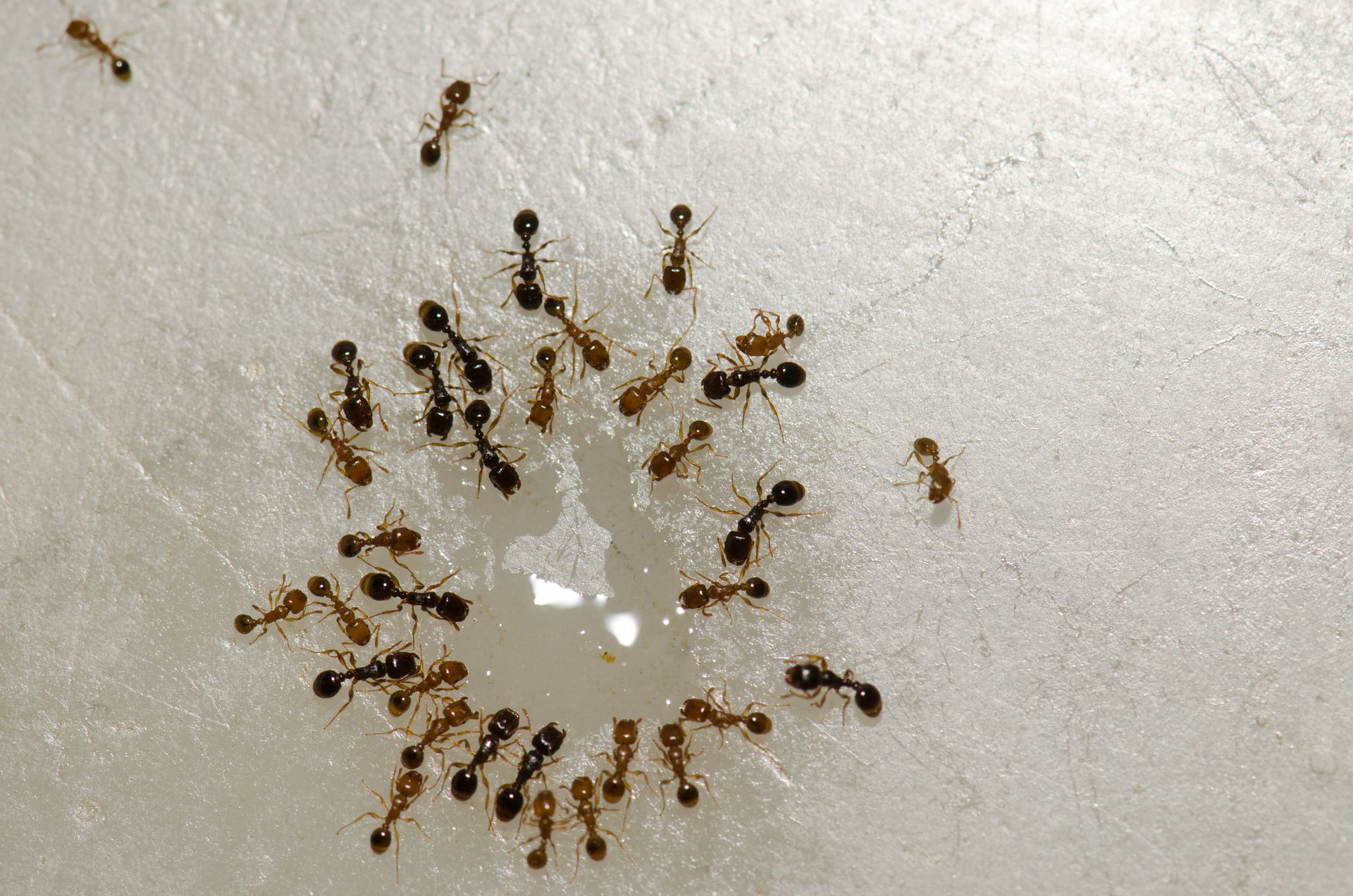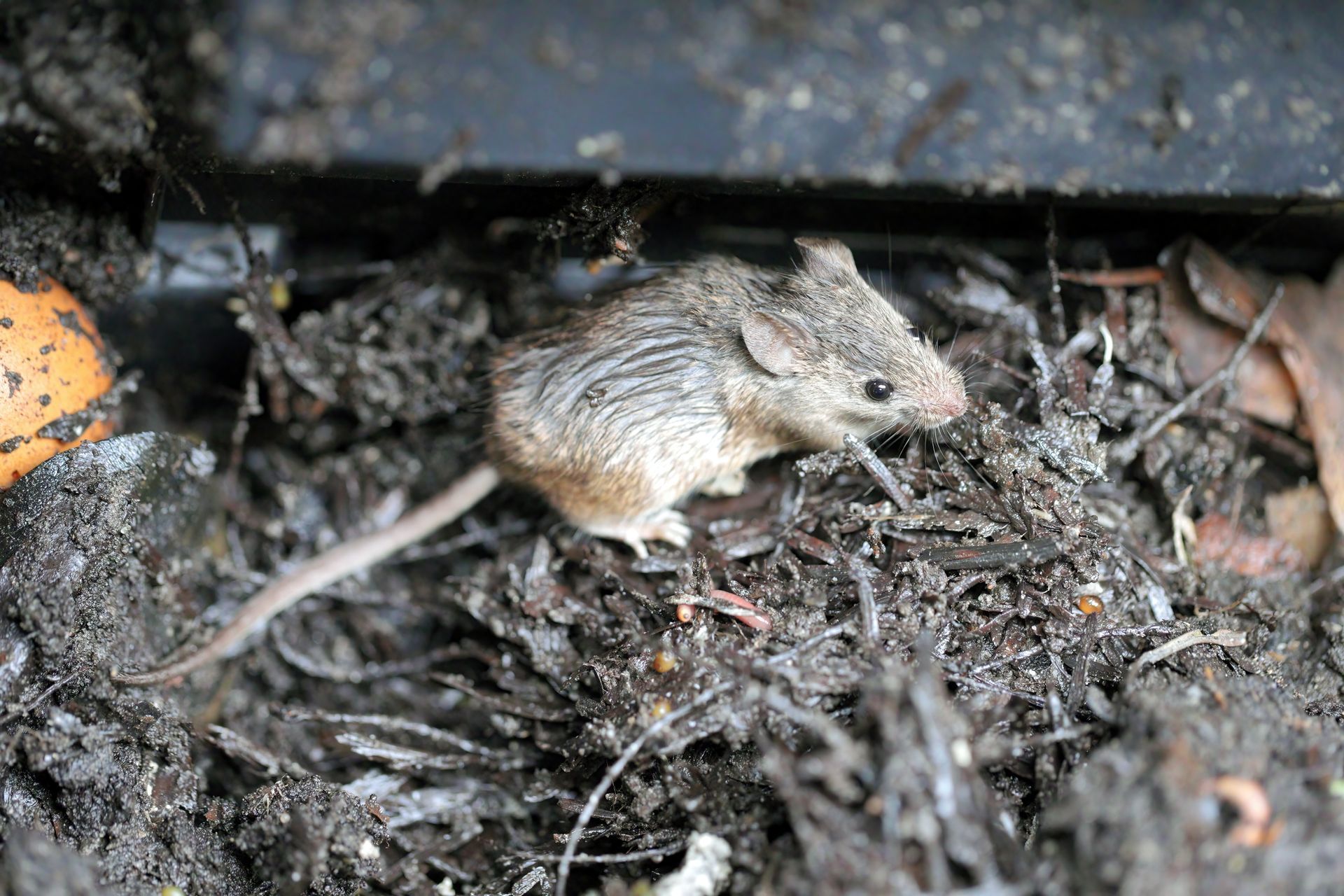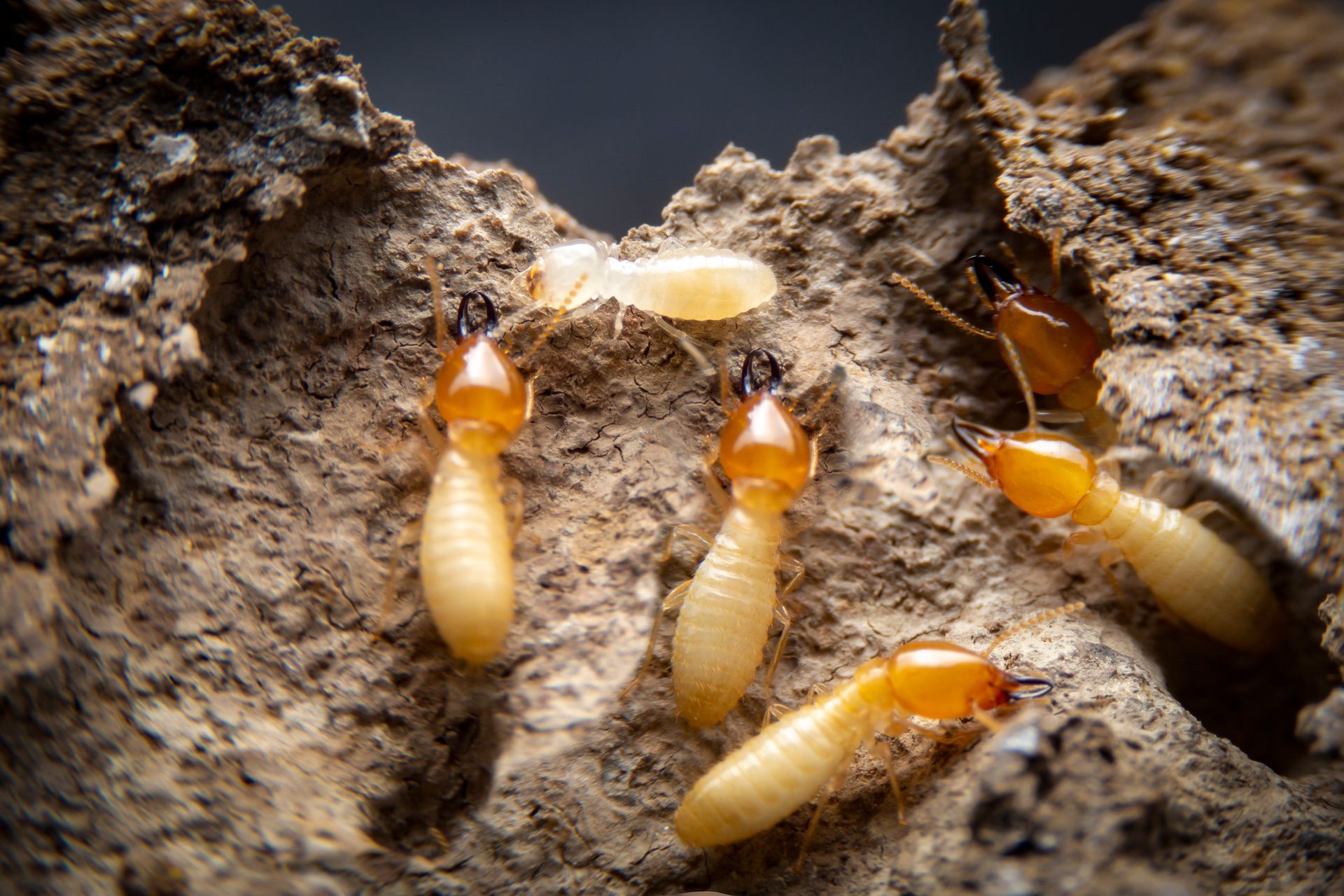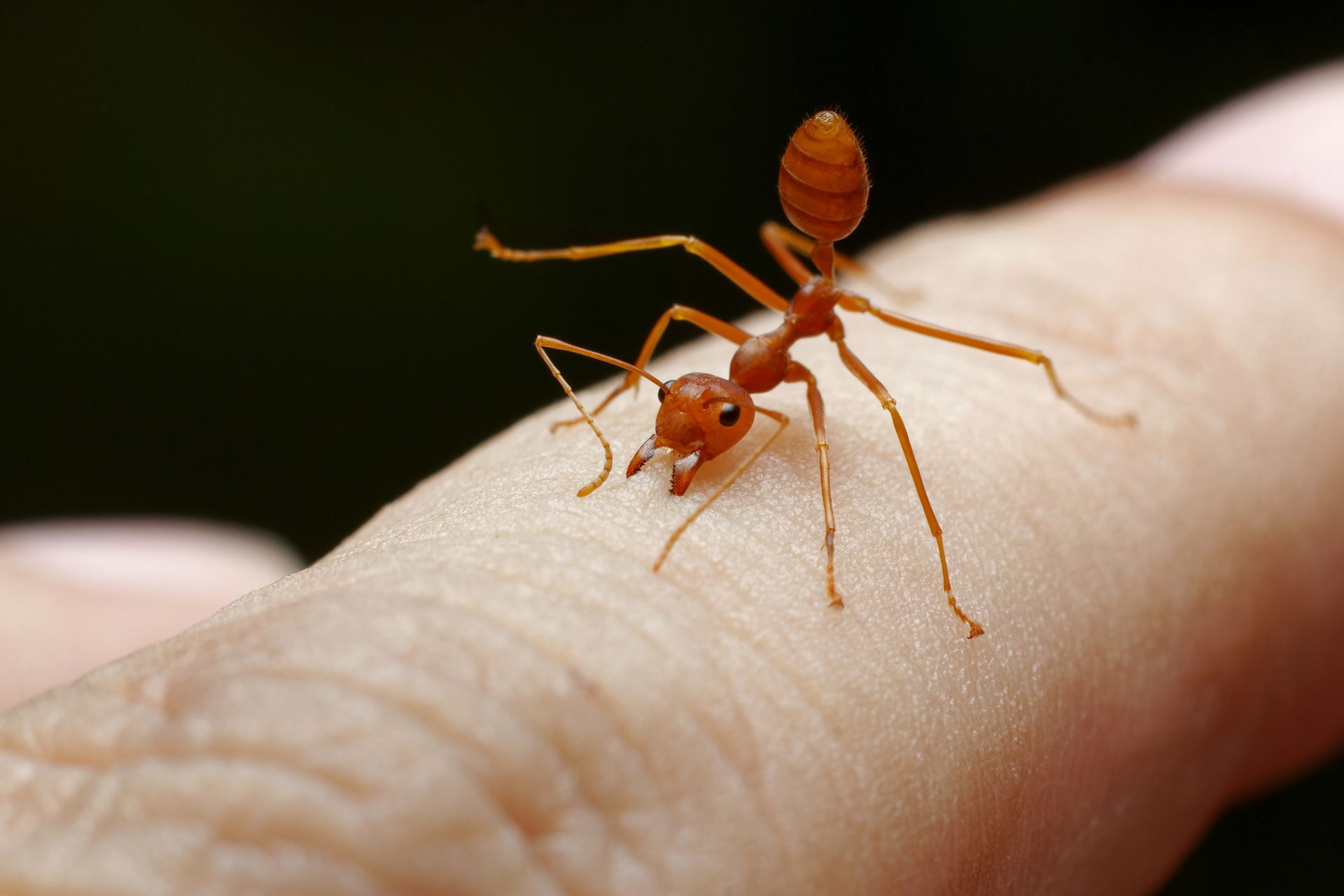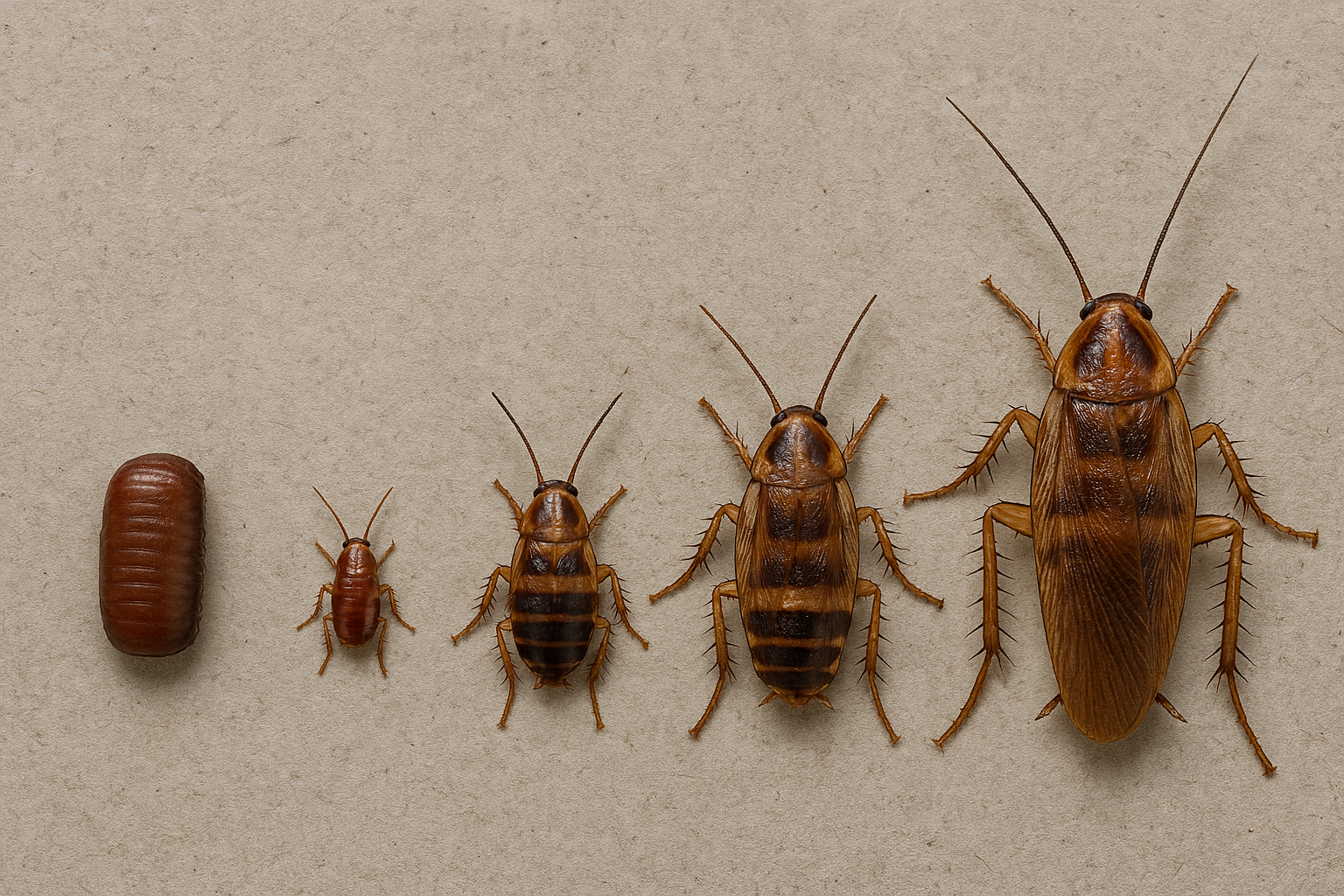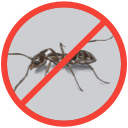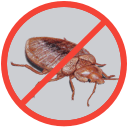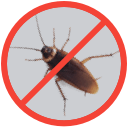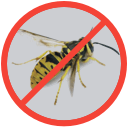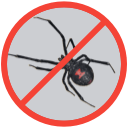Can Mosquitoes Bite Through Clothes?
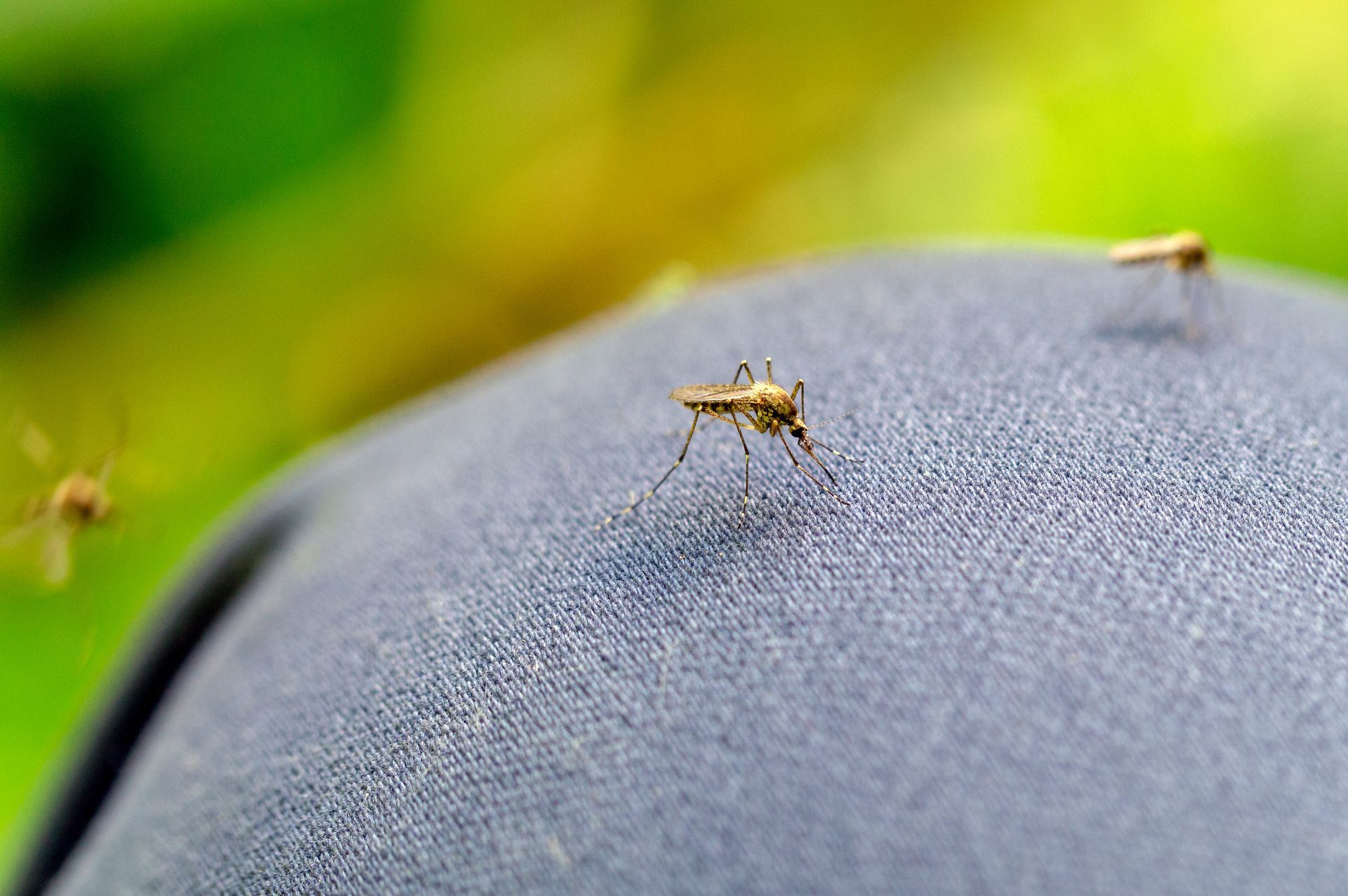
Clothing can sometime help prevent mosquito bites, but it largely depends on the material it is made of and how it fits against the body. Mosquito bites can easily penetrate clothes when the fabric is thin and snugly fitted. Even wearing long sleeves and pants might not help if the material is thin and stretchy. Loose and thicker fabrics offer better protection compared to tightly fitted clothing made with fine material. Mosquitoes are also experts at locating exposed skin, so it’s important to cover any gaps in clothing by tucking in shirts and pants. Understanding how to cover yourself with appropriate attire can improve your odds of avoiding itchy mosquito bites and prevent any complications that could occur because of getting bitten.
Do Clothes Protect You from Mosquitoes?
The material clothing is made from and how it fits is the largest determining factor on how effective the clothing will be against warding off mosquito bites. Mosquitoes have an extremely thin needle like mouth that they can use to bite through thin materials like polyester or spandex. This means that even covered areas of the body are not immune to mosquito bites. Thicker and looser garments provide better protection as they are more difficult for mosquitoes to penetrate. However, wearing heavy fabrics might not be practical in warmer climates where mosquitoes are most prevalent. To enhance protection, combine the use of protective clothing with other preventive measures to mitigate mosquito bites. Applying bug sprays on top of clothing or wearing clothing that has been treated with mosquito repellents can offer additional protection.
How Do Mosquitoes Bite Through Clothes?
Mosquitoes can bite through certain types of clothing due to their specialized mouthpart which is known as a proboscis. This proboscis comprises six sharp needles that enable the mosquito to pierce through both skin and thin or tightly fitted fabrics. This mechanism is so narrow that it can be easily navigated through fabric to find and penetrate a blood vessel to feed on without the person noticing. A mosquito’s proboscis reaches up to 100 microns which is the same diameter as human hair. This small size allows mosquitoes to penetrate thin, stretchy, and loosely woven materials that are snug against human skin. It is important to note that while the proboscis is narrow it isn’t very long. This is why thicker fabrics and loose clothing are your best chance of preventing a mosquito from reaching your skin.
What Types of Clothing Can Mosquitoes Bite Through?
The ability of mosquitoes to bite through clothing largely depends on the fabric's composition and weave. Certain materials are far more vulnerable to mosquito bites than others. The material that offers the least protection are thin, knitted, skin-tight, or stretchy fabrics. Thin cotton, spandex, silk, or linen usually fail to provide any protection against mosquitoes as they allow them easier access to the skin. Conversely, fabrics that are thick and tightly woven offer better protection against mosquito bites. These include materials such as denim, nylon ripstop, tight-knit wool, and velvet. These materials are difficult for mosquitoes to bite through due to their denser weave and fewer gaps between fibers. Preference should be given to thicker and more tightly woven materials to minimize the likelihood of mosquito bites.
Does How Clothes Fit Make a Difference?
How clothes fit also matters when trying to fend off mosquito bites. Tight or close-fitting garments like yoga pants, undershirts, or tights don’t provide much protection. This is because the fabric in these cases is often stretched thin enough for a mosquito's proboscis to penetrate and reach the skin easily. Loose-fitted clothing made of impenetrable fabric provides much better protection because they not only create a physical barrier that mosquitoes are less likely to bypass but also increases the buffer between the layer of clothing and skin.
To optimize clothing as a defense against mosquitoes, it's also recommended to avoid wearing items with loose necklines, open sleeves, or short pants that leave areas like ankles and legs exposed. These styles can create access points that mosquitoes can exploit to reach exposed skin. Wearing loose fit clothing that minimizes exposed skin is the most likely way to ensure mosquitoes are not able to bite.
Does Color of Clothing Make a Difference?
The color of clothing is another factor in attracting or deterring mosquitoes. Mosquitoes are drawn to heat, and dark-colored clothing tends to absorb and retain more heat compared to light-colored attire. As a result, wearing dark colors like black, brown, or navy can make an individual more noticeable to mosquitoes.
Light colored clothing reflects heat away which makes these colors less attractive to mosquitoes. This reflection of heat reduces the likelihood of being detected by mosquitoes because they rely on sensing heat to locate potential hosts. Therefore, choosing lighter colors for clothing can be a simple yet effective strategy to decrease the chances of attracting mosquitoes, especially in environments where these pests are prevalent.
How Can Your Reduce the Likelihood of Getting Bitten Through Your Clothing?
Mosquitoes find their hosts through different methods including smelling the C02 we exhale as well as the sweat we perspire. Our clothing absorbs sweat so it can draw in mosquitoes after being active. Using mosquito repellents on clothing is another way to help mitigate mosquito bites because it helps cover the smell of sweat and replaces it with a scent mosquitoes find offensive. Applying repellents like DEET (N,N-diethyl-meta-toluamide) and picaridin are a way to prevent bites because they are known to drive mosquitoes away. It's crucial to ensure that the repellent is evenly distributed over the clothing and any exposed skin areas to minimize mosquito bites.
What are the Best Mosquito Repellents to Use on Clothing?
Reducing the likelihood of getting bitten by mosquitoes through clothing involves the strategic use of certain repellents and applying them to clothing or exposed skin. However, it is important to avoid getting repellents into sensitive areas like your eyes or mouth as they are not safe for consumption.
The following are some effective repellents that can be used:
- DEET: Suitable for application on both clothing and skin.
- Picaridin: Suitable for application on both clothing and skin.
- IR3535: Suitable for application on both clothing and skin.
- Oil of Lemon Eucalyptus: Should not be used directly on clothing and diluted before applying to skin.
By following each products directions and correctly applying these repellents, the risk of mosquito bites through clothing can be significantly reduced.
You Can Also Buy Clothing Treated with Permethrin
Another effective method for enhancing protection against mosquito bites is using clothing that has been pre-treated with permethrin. Permethrin is not a traditional repellent but an insecticide, which means it works to kill or incapacitate mosquitoes upon contact. It's important to understand that while permethrin-treated clothing is a powerful tool in mosquito prevention, relying solely on it without additional measures might not be sufficient in areas with high mosquito activity. For optimal protection, it is often recommended to use a combination of permethrin-treated clothing and a repellent like DEET. This dual approach can potentially offer close to 100% protection against mosquito bites.
Permethrin Precautions
Permethrin is an effective insecticide, but it isn’t safe to be applied directly to the skin. It is also recommended that it isn’t consumed or inhaled. When using permethrin for mosquito control, especially in the context of treating clothing, certain precautions are essential for safe and effective usage. Always remember that while it's possible to buy clothes that are pre-treated with permethrin or treat the clothes yourself, agricultural-grade permethrin is not suitable for human contact.
Key considerations when treating clothes with permethrin include:
- Hang clothes outdoors during treatment.
- Use proper respiratory masks to avoid inhalation of permethrin spray during application.
- Wear gloves to prevent direct skin contact.
- Spray the entire garment according to package instructions until it's completely damp.
- Allow the clothes to dry completely before wearing them.
What Else Can You Do to Prevent Mosquito Bites?
Preventing mosquito bites can be effectively achieved through a combination of strategies. We recommend the following measures to reduce the likelihood of mosquito bites:
- Utilize mosquito netting: Use indoor suspended mosquito netting for sleeping areas that are made of tightly woven polyester nets.
- Wear mosquito hats: Wear hats with mosquito netting that can be pulled down over the face.
- Wear closed-toe shoes and socks: This minimizes the amount of exposed skin on your feet and ankles.
- Tuck pants into socks: Ensure there are no gaps of exposed skin where mosquitoes can bite.
- Choose clothing that provides the most skin coverage: Long sleeved shirts with cuffs provide coverage and protection on your arms and long pants ensure your calves and ankles are not exposed.
- Avoid stagnant water areas: Places like wading pools, bird baths, clogged rain gutters, and puddles are breeding grounds for mosquitoes.
- Opt for thick fabrics: Fabrics like denim are generally impenetrable to mosquitoes. If you can't thread a piece of hair through the fabric, it's likely a good barrier against mosquito bites.
- Choose loose fitting clothing: The large folds and creases in loose clothing can help prevent mosquito proboscises from reaching your skin.
- Wear multiple layers: Layering clothing reduces the size and number of gaps through which mosquitoes can access the skin.
Contact EcoGuard Pest Management if You Are Dealing with Mosquitoes?
While personal protective measures like choosing the right clothing and using repellents can significantly reduce the risk of mosquito bites, sometimes these steps are not enough to manage a persistent mosquito problem. If you find yourself struggling with mosquitoes, don't hesitate to reach out to EcoGuard Pest Management. Our team of experienced professionals is equipped with the knowledge and tools to effectively address your mosquito concerns. Contact EcoGuard Pest Management today for expert advice and solutions tailored to your specific needs.


